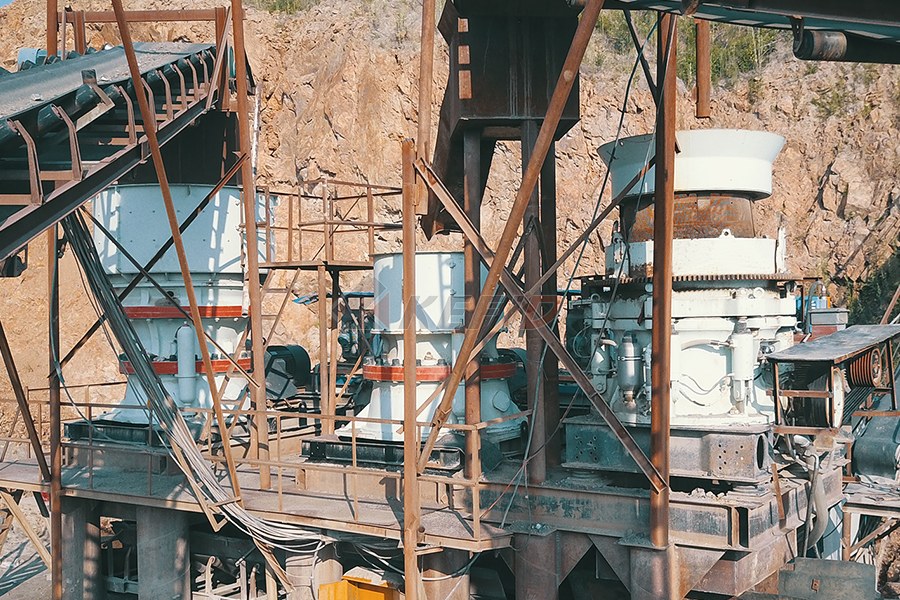Buying coal directly from mines in South Africa involves several steps, including identifying reliable mines, negotiating contracts, and arranging logistics. Here’s a structured approach to help you:
1. Identify Coal Mines in South Africa
South Africa is a major coal producer, with key mining regions in Mpumalanga, Limpopo, and the Highveld. Some of the largest coal mining companies include:
– Exxaro Resources
– Anglo American (Thungela Resources – spin-off)
– South32 (South Africa Energy Coal – now owned by Seriti Resources)
– Sasol Mining
– Glencore (formerly Optimum Coal Mine)
You can find their contact details on their official websites or through industry directories like:
– [Chamber of Mines South Africa](https://www.mineralscouncil.org.za/)
– [South African Coal Report](https://www.energyintel.com/)
.jpg) 2. Verify Mine Legitimacy & Compliance
2. Verify Mine Legitimacy & Compliance
Ensure the mine has:
– Valid mining licenses (from the Department of Mineral Resources and Energy – DMRE)
– Compliance with environmental and labor laws
– Export permits if shipping internationally
3. Negotiate Terms & Contracts
Key considerations:
– Coal Grade & Specifications (RB1, RB2, RB3, or thermal/steam coal)
– Pricing (linked to API4 index for export coal)
– Quantity & Delivery Terms (FOB Richards Bay for  orts)
orts)
– Payment Terms (LC – Letter of Credit preferred for security)
4. Logistics & Export Process
If exporting:
– Use the Richards Bay Coal Terminal (RBCT) for bulk shipments.
– Arrange freight forwarding and customs clearance.
– Ensure compliance with international trade regulations (INCOTERMS).
5. Alternative: Buy Through Traders or Brokers
If dealing directly is complex, consider reputable coal traders like:
– Trafigura
– Noble Group
– Vitol
6. Due Diligence & Risk Management
– Conduct site visits if possible.
– Use escrow services for large transactions.
– Check for political risks (load-shedding, transport strikes).
Would you like assistance in drafting an inquiry letter to a mine or connecting with suppliers? Let me know your specific needs!




